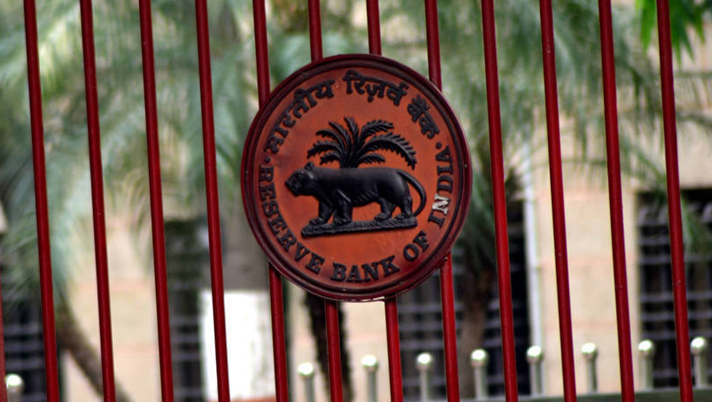Jana Small Finance Bank Eyes Big Leap: Seeks RBI Approval to Become a Universal Bank

Jana Small Finance Bank's Ambitious Plan to Expand Services
Singapore – In a significant development for the Indian banking sector, Jana Small Finance Bank (JSFB) has formally applied to the Reserve Bank of India (RBI) for a voluntary transition to a universal bank. This move signals the bank’s confidence in its financial health and its ambition to offer a wider range of banking products and services to a broader customer base.
Meeting Stringent Financial Requirements
The application highlights JSFB’s adherence to the RBI’s stringent requirements for such a transition. A crucial factor in their eligibility is consistently meeting key financial benchmarks, including maintaining Non-Performing Assets (NPAs) below the regulatory thresholds for a consecutive two-year period. This demonstrates robust risk management practices and a stable asset quality profile. The RBI's guidelines are designed to ensure that universal banks are financially sound and capable of handling the increased complexity and responsibility that comes with a wider operational scope.
What Does Becoming a Universal Bank Mean?
Currently, Small Finance Banks (SFBs) primarily focus on providing financial services to underserved populations and micro and small businesses. Becoming a universal bank would allow JSFB to significantly expand its offerings. This would likely include:
- Retail Banking Products: Savings accounts, fixed deposits, current accounts, and a wider array of loan products for individual customers.
- Corporate Banking Services: Loans, working capital finance, trade finance, and other financial solutions for larger businesses.
- Investment Banking Activities: Potentially, participation in initial public offerings (IPOs), mergers and acquisitions (M&A), and other investment banking services (subject to further RBI approvals).
Benefits for Customers and the Economy
The transition to a universal bank could bring several benefits. Customers would gain access to a more comprehensive suite of financial products and services under one roof. For the economy, it signifies increased competition and innovation within the banking sector, potentially leading to better rates and more tailored financial solutions. JSFB’s expansion could also contribute to greater financial inclusion by reaching a wider segment of the population.
Looking Ahead: Regulatory Approval and Implementation
The RBI’s review process is expected to be thorough and could take several months. JSFB will need to continue to demonstrate its financial stability and operational readiness throughout the evaluation period. If approved, the transition will involve significant changes to the bank’s infrastructure, systems, and personnel. The bank is likely to invest in technology and talent to support its expanded operations. The successful transition would mark a significant milestone for JSFB and a positive development for the Indian financial landscape.
This ambition reflects the evolving landscape of the Indian financial sector, where SFBs are increasingly demonstrating their potential to grow and contribute to the nation’s economic progress. The market will be watching closely to see if Jana Small Finance Bank secures the necessary approvals and successfully transforms into a universal bank.






